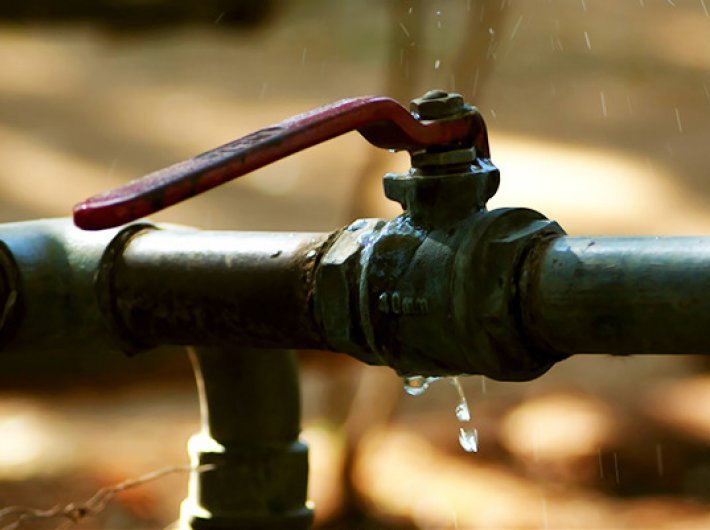Disputes between communities – or even countries – over the water from shared rivers, forest ecosystems and atmospheric conditions can inflame existing tensions in fragile regions, said a World Economic Forum article.
“For example, in the disputed Kashmir region, water is a key point of tension. On one side, Pakistani officials blame India for water shortages in their country, while on the other side Indian stakeholders want to better use this ‘natural advantage’. Water in the region is governed by the Indus Water Treaty signed in 1960 but both sides claim it needs updating to reflect the impacts of climate change,” wrote Jahda Swanborough, project lead, climate change initiative, World Economic Forum.
Read: 10 things you must know about Indus Water Treaty
The article “The one global risk that won't go away” said that China’s announcement that it has blocked an upstream tributary to the giant Brahmaputra river has also inflamed tensions in the region. The 2,880km long river also flows through India, Bhutan and Bangladesh. The article is part of the World Economic Forum annual meeting 2017.
Read: Our relationship with water
It added that elsewhere, communities from Alaska, Kiribati, and Fiji are planning to relocate – or already have – due to the rising sea level. In Southeast Asia, the toxic haze from Indonesian forest fires is also exacerbating regional tensions – particularly with Singapore. The fires have been caused by ‘slash and burn’ deforestation and reportedly caused 100,000 deaths in 2015.
Swanborough said that every year the world faces new global risks.
From the global financial crisis in 2008 to the African Ebola epidemic in 2014-15 and the ongoing refugee crisis, these risks ebb and flow in response to global events.
While challenging and complex, we’ve become better at managing many of these issues and the risks they pose to our economic and social wellbeing. This doesn’t mean the problems have gone away or stopped devastating people’s lives, but it does mean that - in certain areas - we have made progress and the scale of the challenge has subsided.
However, there is one global risk that is not going away – the mismanagement of our global environment.
Globally, many environmental conditions are getting worse: 92% of people worldwide live in places where air pollution levels exceed suggested safety limits, at least 1.8 billion people still lack reliable access to a water source of good enough quality to be safe for human consumption, and 2016 was the warmest year on record – around 1.2°C warmer than pre-industrial levels.
It’s a similar story for our oceans, forests and biodiversity.
The article said that perhaps this is why, since 2011, a cluster of interconnected environment-related risks – including extreme weather events, climate change, and water crises – has consistently featured among the top-ranked risks in the World Economic Forum’s Global Risks Report.
The persistent appearance of these risks suggests that we have not yet figured out how to manage them effectively. While many good initiatives are underway, they have not yet reached the systemic level – or the scale – needed to crack this challenge.
